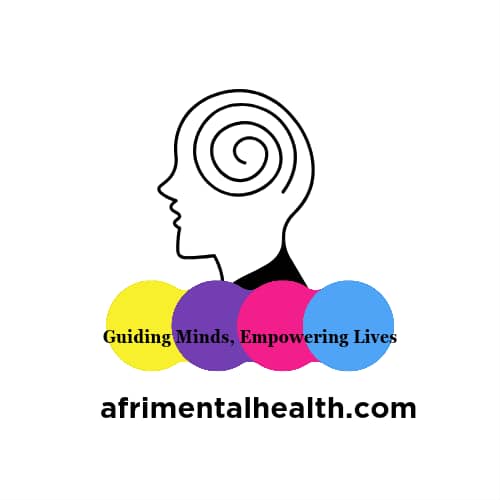Panic attacks are not classified as a mental health illness in and of themselves, rather they are classified as a set of symptoms that occur in the context of other mental health disorders. The DSM-5 lists two types of panic attacks which is expected panic attacks and unexpected panic attacks.
Expected panic attacks
These are anticipated when a person is subjected to specific cues and triggers. For example, someone who has a fear of enclosed spaces may expect to have panic attacks when in an elevator or other cramped areas.
Unexpected panic attacks
Unexpected panic attacks occur suddenly without any obvious cause or indication. When an unexpected panic attack happens, a person can be completely relaxed. There will be no any internal cues such as fearful thoughts, anxiety or uncomfortable physical sensations. Unexpected cues also don’t occur with external cues such as specific phobias or being exposed to a frightening event or situation.
Self-help tips for panic attacks
Learn about panic and anxiety: Familiarize yourself with sensations. Panic is often driven by discomfort with physical sensations. For instance, you might worry that your chest tightness is actually a heart attack. That kind of assumption can propel you into a panic attack. Learning more about normal physical sensations can help you maintain a more grounded perception.
Join a support group: Finding people that relate to you might be helpful. In support groups people might share coping techniques and strategies that work for them.
Make time for self-care: Self-care habits such as exercising regularly, getting enough sleep, and avoiding smoking, alcohol and caffeine can help reduce your anxiety levels. This could in turn reduce the severity of panic attacks or help you cope with them.
Experiment with relaxation techniques: Activities such as yoga, meditation and progressive muscle relaxation strengthen the body’ relaxation response. You can also learn deep breathing techniques to relieve the symptoms of panic. If you know how to control your breathing, you are less likely to create the sensations that you are afraid of.
HOW TO HELP SOMEONE HAVING A PANIC ATTACK
Stay calm: being calm, understanding, and non-judgmental will help your loved one’s panic subside.
Do something physical: Together, raise and lower your arms and stamp your feet. This can help to burn off some of your loved one’s stress.
Get them out of their head: You can try to get your friend out of their head by asking them things that are around them or talking soothingly about a shared interest.
Focus them on their breathing: find a quiet place for your loved one to sit and the guide them to take slow, deep breaths for a few minutes.
